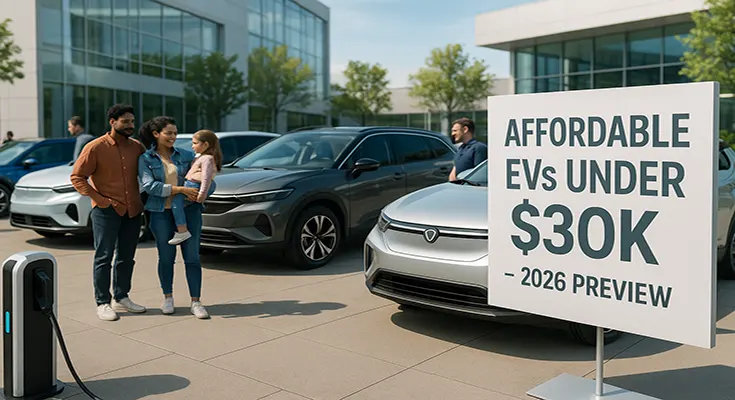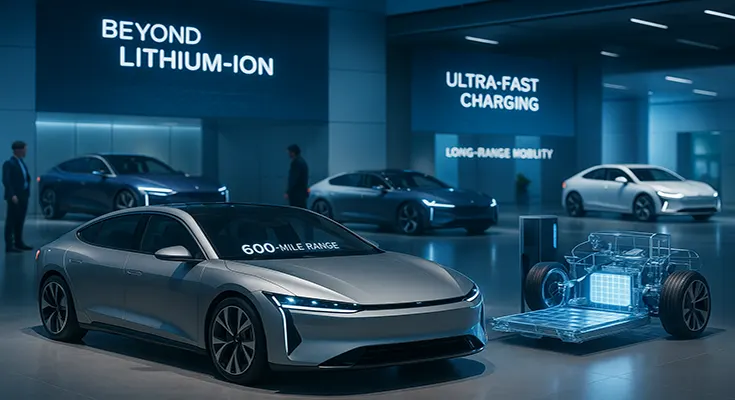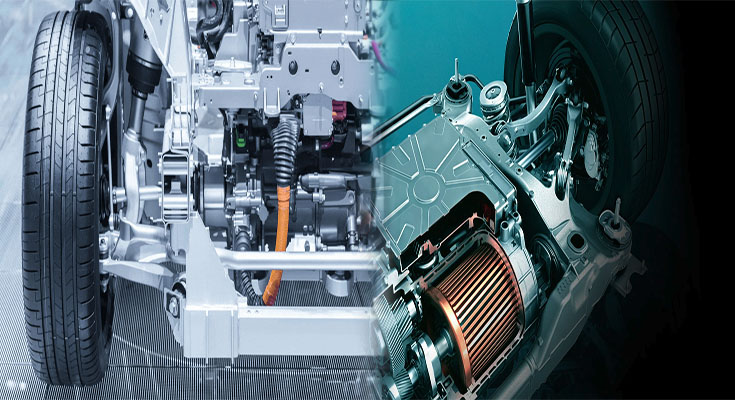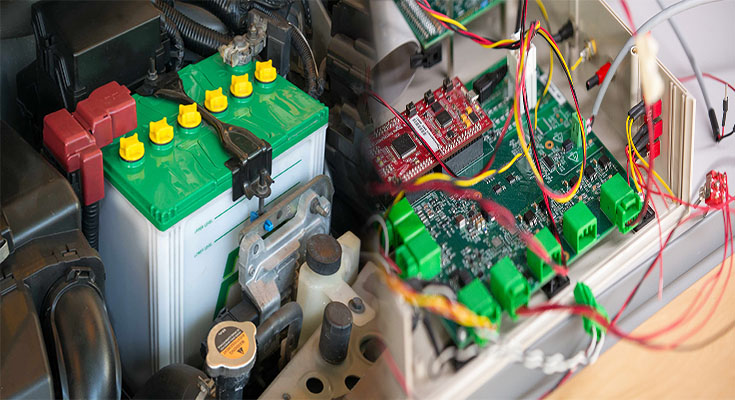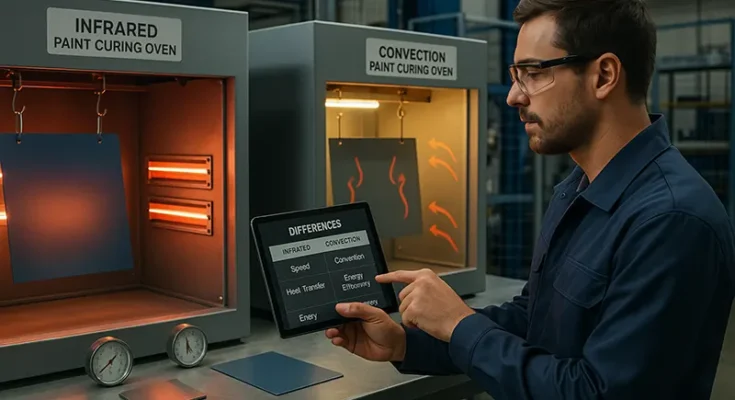
What Differences Matter Between Infrared and Convection Paint Curing Ovens
A coating’s final quality depends not just on the paint curing oven itself, but on how its heating method interacts with the surface and the part beneath it. Projects that look identical on paper can deliver very different finishes once heat transfer comes into play. Understanding how infrared and convection systems behave helps teams choose the process that actually supports the finish they need.
Infrared Heats Surfaces Instantly While Convection Warms the Full Part Mass
Infrared energy hits the coated surface immediately, causing the outer layer of the film to respond almost as soon as the oven cycles on. This direct transfer makes infrared heaters effective for parts that require quick surface curing without waiting for the entire piece to heat through. Paint responds noticeably faster under infrared because the coating absorbs radiant energy more efficiently than the metal beneath it.
Deeper warming takes longer in convection systems because heated …
What Differences Matter Between Infrared and Convection Paint Curing Ovens Read More

